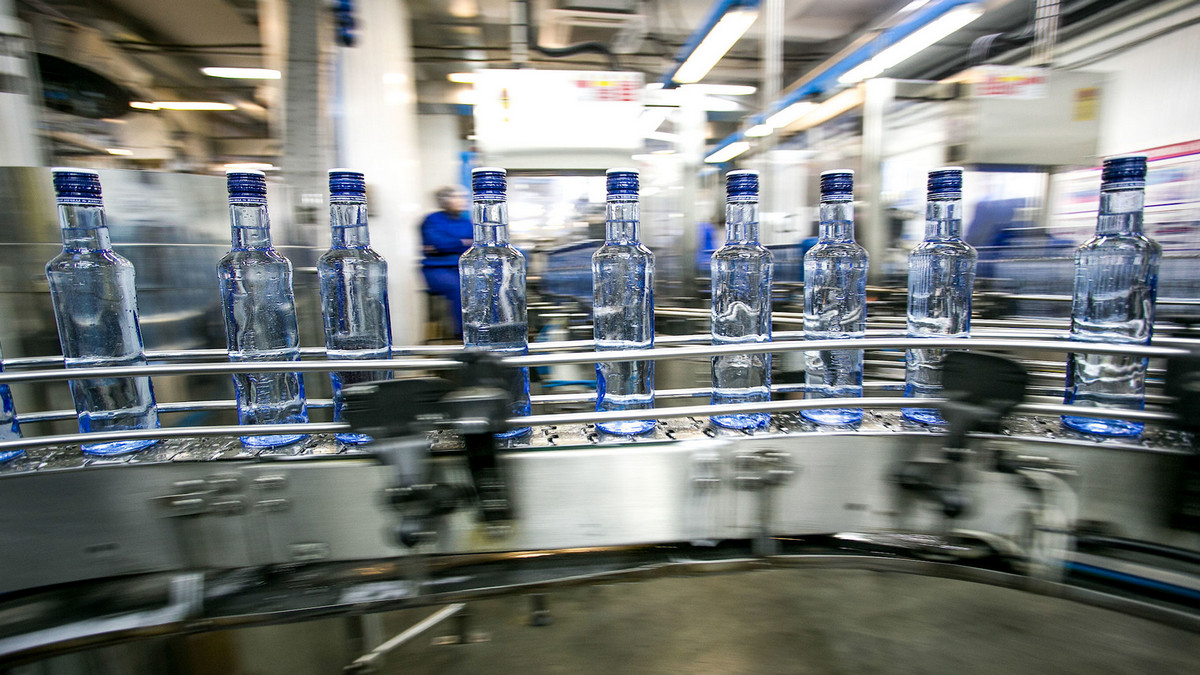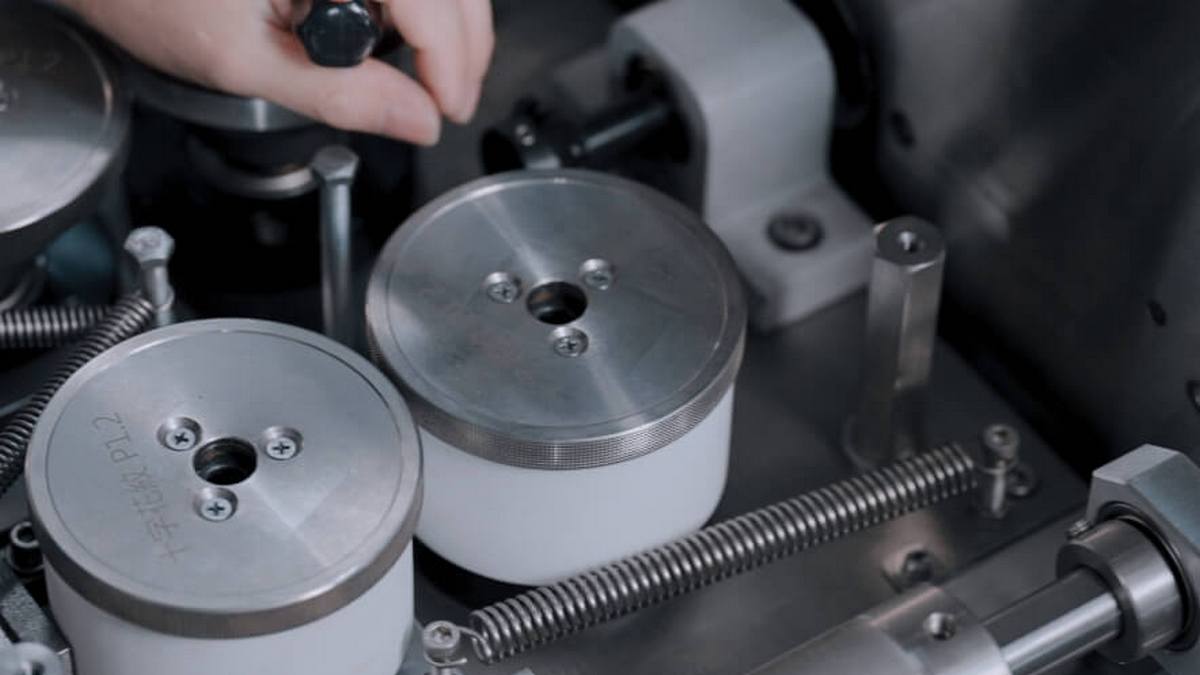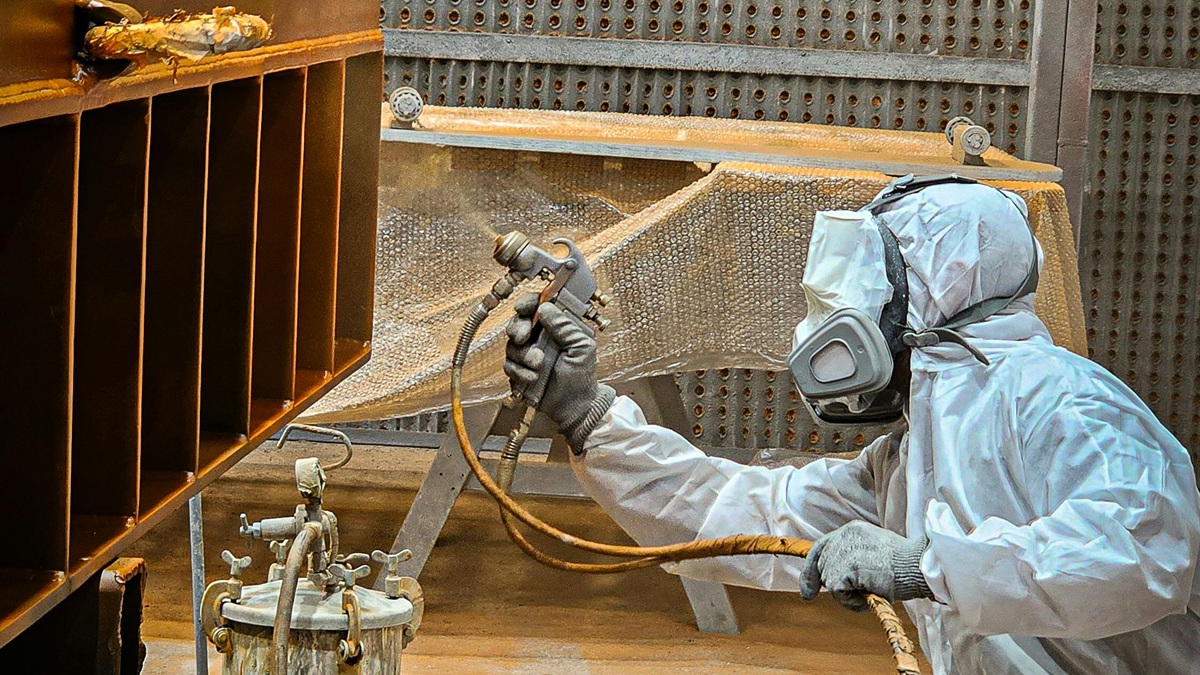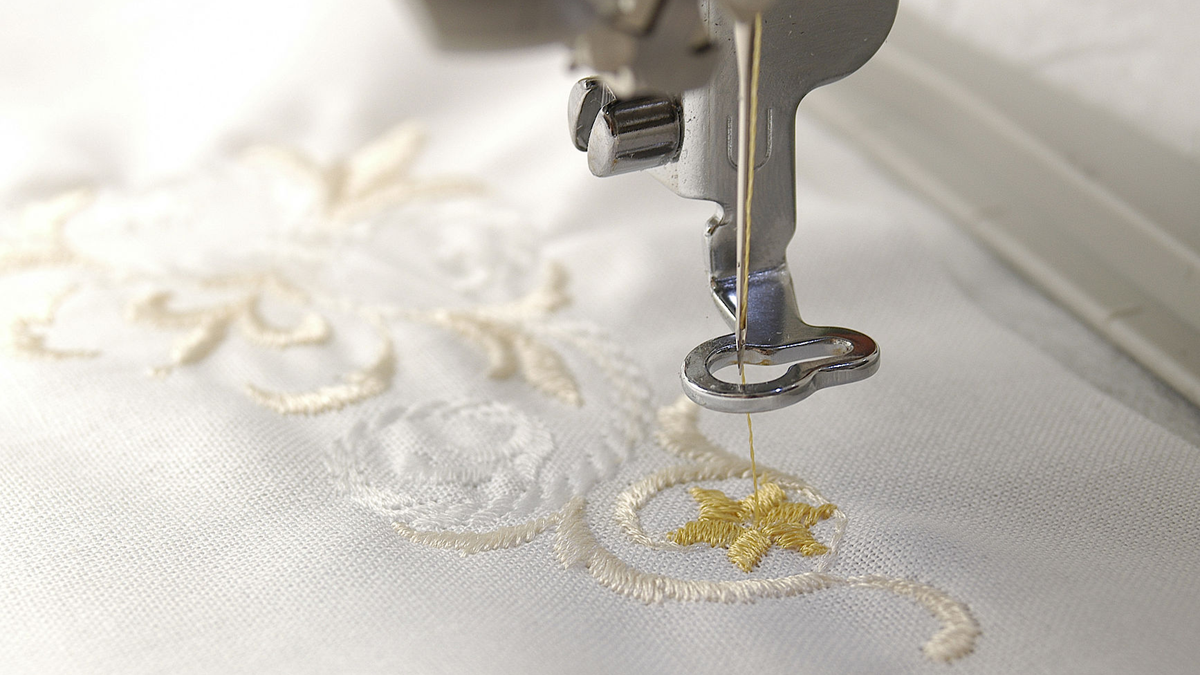With the rise of global environmental protection awareness, the improvement of process efficiency and pollution reduction of plastic products have become important issues for the rubber and plastic industry. In response to the shortage of workers and the reduction of personnel contact, mechanical automation and cloud services have become the new normal in the industry.
Sustainable Intelligent Manufacturing of Plastic and Rubber Machines:
Taiwan has a complete plastic and rubber supply chain and ranks sixth in the world in exports. In 2021, the export value will exceed 30 billion Taiwan dollars. Due to various unfavorable situations such as the epidemic situation in recent years, changes in the situation in China, the war between Russia and Ukraine, and inflation, the plastics, and rubber industry in Taiwan have remained stable. The bright performance has attracted the attention of the world.
Net-zero carbon emission is the most important trend of global smart manufacturing. How to realize the vision of sustainable development through energy-saving design, recycling, and then combined with smart manufacturing. Grasp the technological development trend and business opportunities of the plastic and rubber machinery industry, and introducing digital marketing to attack the global market, will be the focus of future market development. Machinery and equipment manufacturers are key players in helping producers create profits and reduce production costs while optimizing product quality and specifications. The early introduction of the Industrial Internet of Things and environmentally friendly manufacturing processes is a new opportunity for the global plastic machinery industry.
Based on the application trend and business opportunities of plastic and rubber machinery and equipment, the development trend of the global manufacturing industry is analyzed from the four aspects of politics, economy, environment, and society, and the demand for net zero carbon emissions will drive a new wave of global investment, and it will be eliminated if it does not catch up. In addition, to achieve waste reduction and a circular economy, and accelerate net zero carbon emissions, research, and development of various new materials to replace traditional rubber and plastic materials has become a necessary trend in the development of rubber and plastic products. With the development focus on the circular economy, quality improvement, industry 4.0+ intelligence, and fast, ruthless, accurate + aesthetic concepts, it will assist future industrial upgrading.
Smart Manufacturing in the Development of the Rubber and Plastic Industry:
The international trend of Industry 4.0 has reshaped the development of the Plastic Industry. The main goal of Industry 4.0 is to integrate existing industrial technology, sales, and product experience to build a smart industrial world and create product customization and service-oriented supply capabilities. Smart manufacturing is one of the cores of industry 4.0, combining information technologies such as advanced manufacturing technology, the Internet of Things (IoT), cloud computing, and artificial intelligence (AI).
The intelligent production line brings many benefits to rubber and plastic manufacturers. Take rubber and plastic injection molding technology as an example. In the traditional manufacturing and processing industry, when the finished product to be injected is a complex component, it is often necessary to rely on experienced processors to have high-quality and high-efficiency output. In contrast, smart manufacturing is to produce and manufacture by collecting big data from various sensing devices and batches of output and making real-time analysis and feedback, which can be called know-how digitization. This can ensure the stability and consistency of product quality, which will not be changed by the change or flow of processors. Due to the real-time monitoring data of the complete manufacturing system, factory managers can more accurately plan maintenance and repair schedules to increase and maintain the maximum production capacity of the production line. Not only that, but the production method of smart manufacturing also improves customer satisfaction. After the customer signs a formal production contract with the manufacturer, the client factory can monitor the schedule of commissioned products and the latest production progress information at any time through the real-time monitoring system of the smart manufacturing system.
Smart Manufacturing Applied to the Development of the Extrusion Process:
From the analysis of the finished product route, it can be known that after the material is aggregated, it can be processed directly or through an extrusion and blending to optimize product performance and enhance the processing characteristics of the material before processing and molding. Therefore, extrusion is one of the important processing technologies for thermoplastic materials. The extrusion process is a complex processing system. The entire process involves factors such as thermodynamics, fluid mechanics, and energy transfer efficiency. The design of chemical formulas and the configuration of processing machinery must improve mixing efficiency and optimize product characteristics. The traditional development method is not only expensive but also cumbersome, and the development time is too long, which can no longer meet the ever-changing material property requirements. In response to the need for customized design, rapid development, and product quality improvement, the development of smart extrusion technology systems has become a hot topic recently. Whether the sensing device can provide effective and real-time key measurement data is one of the keys to the development of a smart extrusion manufacturing system.
Material Property Sensing Technology:
In traditional extrusion processes, only a few parameters such as temperature, pressure, or output power are monitored. However, the performance of materials is affected by the interaction of fluidity and heat transfer at the same time. Analysis and inspection in an offline manner will have a time lag between the manufacturing process and inspection, lack of immediacy, predictability, and self-adjustment, and potentially inferior materials will cause the risk of end product failure. Therefore, in recent years, real-time sensing technology for measuring performance in the manufacturing process has attracted much attention. Through real-time characteristic measurement, quality and process control can be achieved.
Smart Machinery Cloud Platform Helps the Transformation of the Plastic and Rubber Industry:
The rubber and plastic industry can use the multiple intelligent functions of the cloud platform to solve the time problems of industrial equipment communication and back-end integration, quickly move towards smart manufacturing, and assist plastic machinery to improve the international competitiveness of equipment. Shorten the information integration time by 50% through the cloud platform to win international orders. In addition, build smart manufacturing production lines, introduce online quality monitoring, shorten the full inspection cycle, and successfully win international orders for lightweight components.
The raging global epidemic has brought about changes in the industrial supply chains of various countries. The issues of smart manufacturing and supply chain resilience are common issues faced by various industries. Through cloud APP value-added software services, software, and hardware integration services and system solutions are used to assist equipment factories to upgrade intelligently and solve different difficulties faced by various equipment industries. Deepen the smart machine cloud platform, establish a smart cloud service settlement, and help the industry develop smart manufacturing and enhance digital competitiveness. The global plastics and rubber manufacturing industry are currently facing a serious shortage of workers and the issue of international carbon tariffs. The plastics and rubber industry will inevitably need to strengthen the grasp of the energy consumption of the machines. In the past, it relied on experienced masters to adjust the machines, and the product quality was checked through manual testing. Smart machinery cloud provides an overall solution, establishing an information and communication interface that complies with international standards on existing equipment. And solving equipment connection communication problems through consistent communication protocols. And it can shorten the integration time with the back-end management system, establish a real-time detection mechanism, and the key quality can be fully grasped online. Establish a machine network to monitor and control the quality of finished products in real time, increasing international competitiveness and adding value to the equipment. In addition, building a smart manufacturing production line and changing to online quality inspection will shorten the full inspection cycle time and reduce waste production by 20%.
In the field of sustainable environment applications, in response to current industry and future market trends. Combined with cross-field research and development advantages in machinery, electronics, information communication, AI artificial intelligence jointly develop a smart machine cloud platform, and quickly move towards smart manufacturing.











.jpg)


